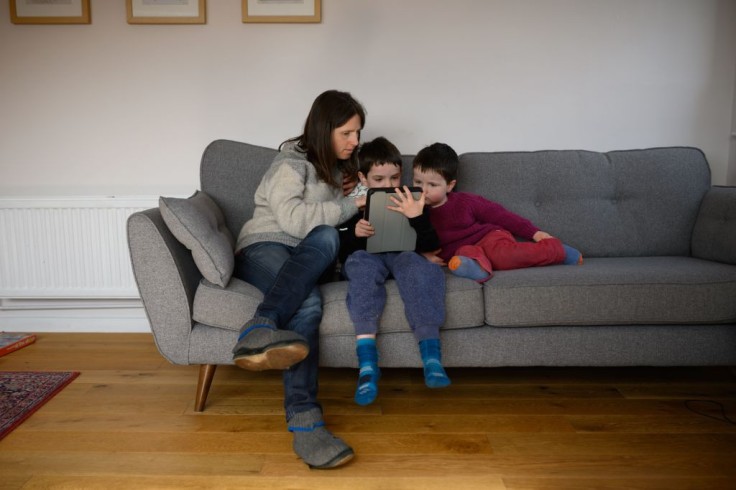
In the digital era, parents face unprecedented challenges. One such challenge is explaining real-world complexities to their young ones, especially when these complexities manifest in the form of war content on social media.
It's essential to not only grasp what's transpiring on global stages but also understand how it's presented and consumed online.
hen it comes to discussing war with children or explaining the Israel conflict to kids, a unique, sensitive approach is required. This article provides comprehensive guidance for those navigating difficult conversations.
Top 10 Ways on How To Guide Children About War Content on Social Media
1. Gauge Their Understanding and Emotions
Before diving into a conversation, it's vital to ascertain what your child already knows and how they feel about it. This initial step will give you a foundation upon which to build the discussion, ensuring it's tailored to their knowledge and concerns.
2. Browse Alongside Them
Instead of passively allowing them to consume online content, be active participants together. By scrolling with your children, you can guide them through different posts and provide context where needed.
3. Pose Inquisitive Queries
Engaging your child with 'wondering questions' can encourage them to think critically about what they see and hear. This not only helps in understanding their perspective but also prompts them to question and analyze information.
4. Maintain a Calm and Age-Suitable Approach
Remember, your aim isn't to overwhelm but to inform. Ensure that your tone is calm and that the information is relevant and appropriate for their age. This is especially crucial when explaining the Israel conflict to kids, given its complexities.
5. Promote Empathy, Not Prejudice
Wars often involve diverse groups of people with varied beliefs and customs. Ensure your child understands the importance of empathy and compassion, highlighting the importance of not generalizing or stigmatizing based on limited information.
6. Sustain an Ongoing Dialogue
The world's events, especially conflicts, evolve rapidly. Hence, discussing war with children should not be a one-time event. Make it an ongoing conversation, adjusting the depth and breadth of the discussion based on new developments and their evolving understanding.
7. Regularly Touch Base
Children might not always vocalize their concerns or fears immediately. Hence, regularly checking in ensures that they feel safe to share any new thoughts or questions that arise.
8. Control the Deluge of Information
While staying informed is crucial, there's a risk of information overload. It's essential to limit excessive exposure to distressing content, ensuring kids consume news in healthy, manageable doses.
9. Prioritize Your Well-being
Your ability to guide your child effectively hinges on your mental and emotional well-being. Ensure you're taking time for self-care and seeking support when needed, which will, in turn, better equip you to support your child.
10. Educate on the Risk of Misinformation
The digital realm is rife with misinformation. Teach your children to discern reliable sources from dubious ones and the importance of cross-referencing information.
As guardians of the next generation, we are tasked with the formidable challenge of navigating difficult conversations. Whether it's discussing war with children or tackling other sensitive topics, our guidance and reassurance shape their understanding and worldview. By approaching these discussions with empathy, insight, and patience, we can help our children navigate the vast digital landscape with discernment and compassion.